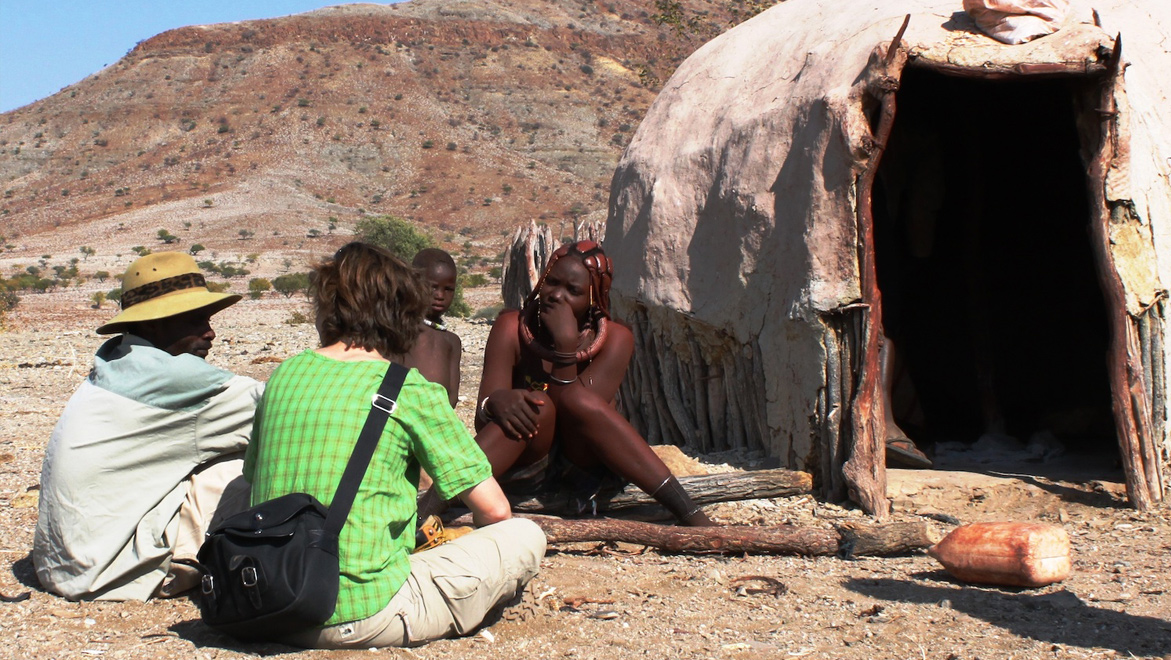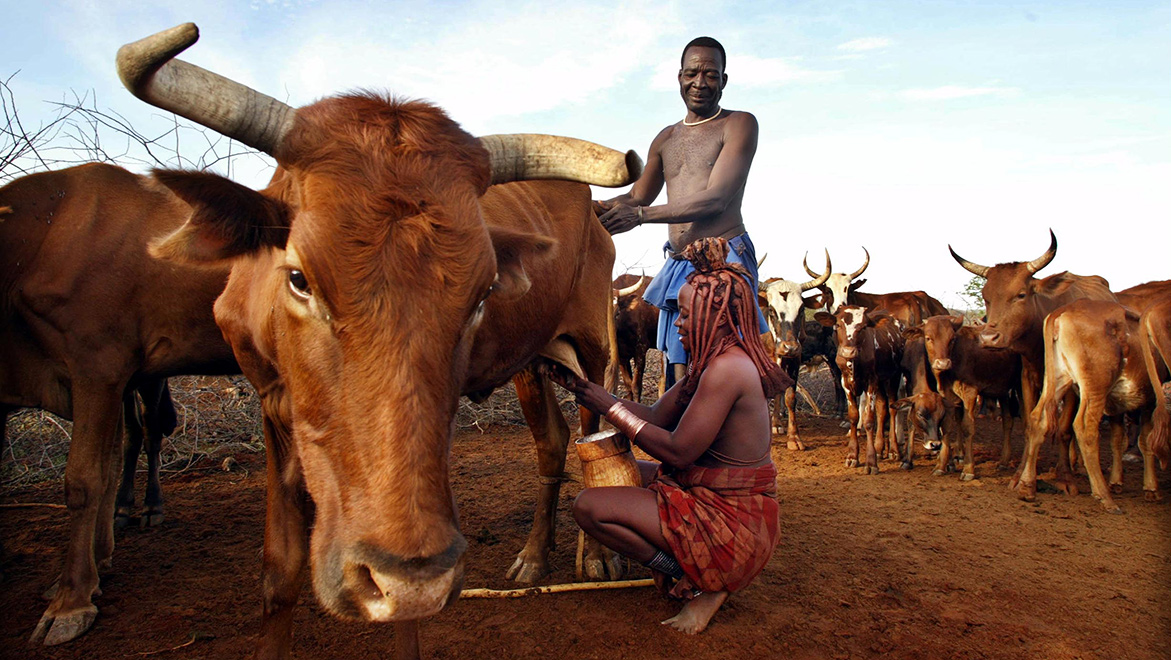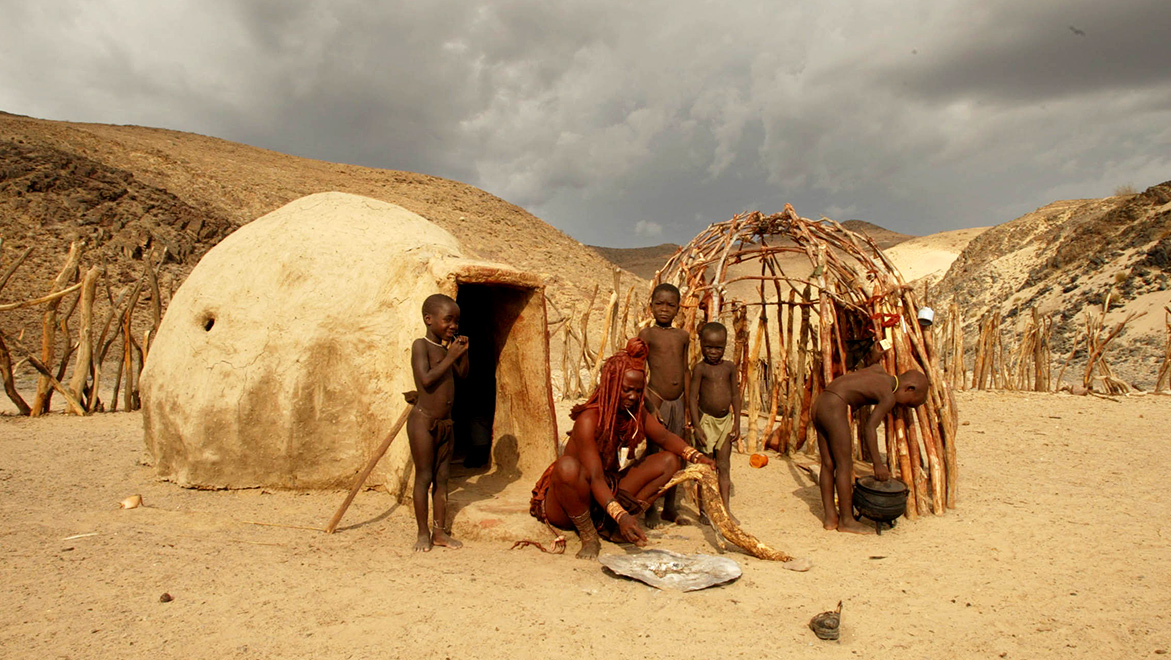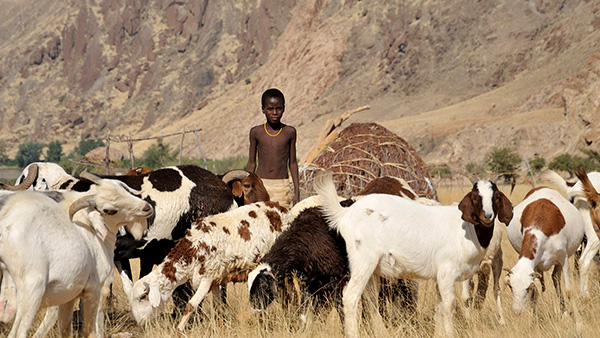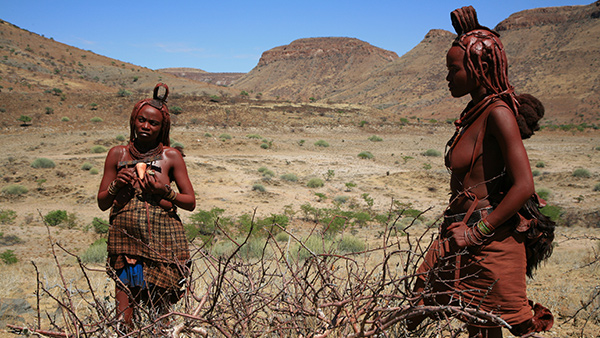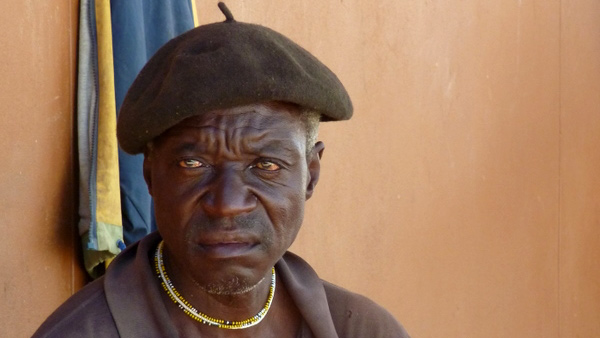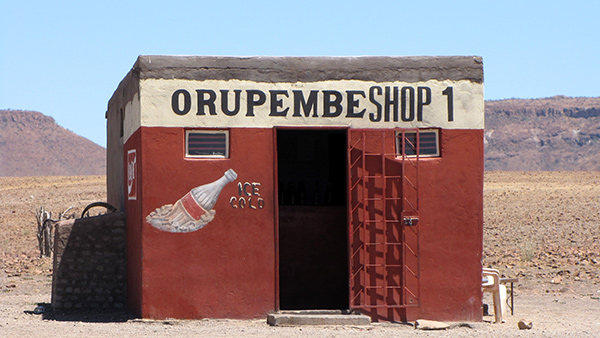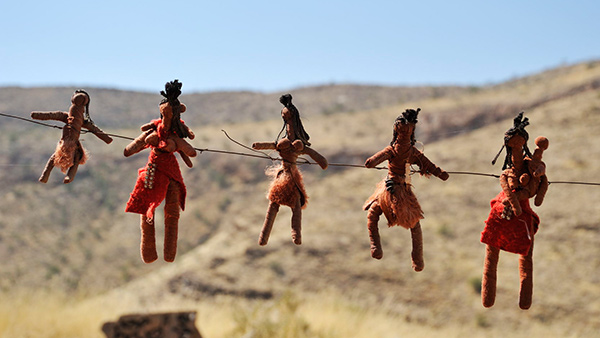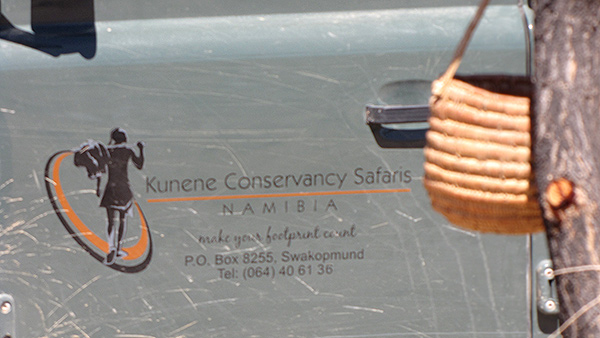Tourists visiting Africa are often disturbed by the contrasts they encounter. Magnificent scenery, spectacular wildlife but there too is poverty and squalor. Namibia is no exception. Many principled travelers are also uneasy about the way exotic and diverse African culture is used as a marketing tool, with guests offered a short, sanitized cultural experience that does not reflect the realities of daily life or provide real insights into a fascinating other world.
Feeling voyeuristic, tourists take photographs of red ochred, calfskin-clad women. They give the half-naked children sweets and get back into their luxury safari vehicle, hoping the money this community receives from such canned cultural visits helps.
CSN turns this situation around. In five conservancies in the magnificent north-west Kunene Region the rural people you will meet own the company and are your hosts. Profits from the safari business go to the 3000 members of these conservancies so you know you are making a real difference.
Our owners are Puros, Orupembe, Sanitatas, Okonjombo and Marienfluss conservancies, covering more than 13 500 square kms. When CSN grows and accumulates wealth, it is the conservancies, not outsiders, who are the beneficiaries. Our business model builds on Namibia’s community-based natural resource management successes, linking conservation to economic and social development. For wildlife and the environment to be protected meaningful benefits have to be generated for the people and local capacity has to be built.
